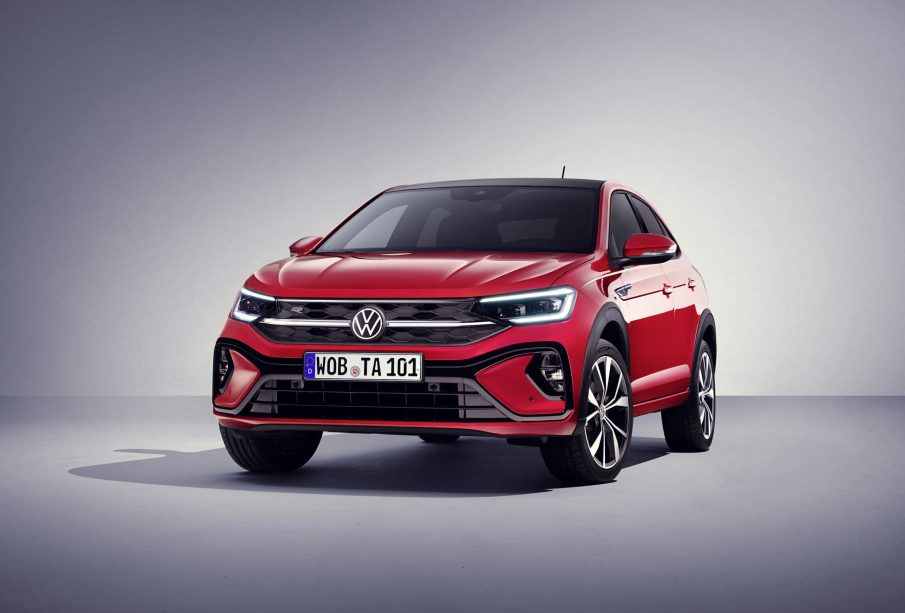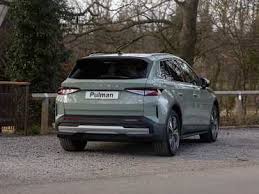Volkswagen: Pioneering the Future of the Automotive Industry

Introduction
Volkswagen, one of the world’s largest automobile manufacturers, is playing a crucial role in the evolution of the automotive industry. With increasing concerns over climate change and the demand for sustainable transportation solutions, Volkswagen’s innovative strategies and commitment to electric vehicles are particularly relevant in today’s society. This article explores Volkswagen’s recent initiatives and outlines its significance in the context of global automotive trends.
Current Initiatives and Developments
In 2023, Volkswagen announced significant investments amounting to €150 billion, aimed at accelerating its transition towards electric mobility and digitalisation over the next five years. This move is part of their broader strategy, “Together – Strategy 2025”, which envisions becoming a leading provider of sustainable mobility. The company is focusing heavily on its ID. series electric vehicles, with the ID.3 and ID.4 models already making waves in the market.
Recent reports indicate that Volkswagen plans to expand its electric vehicle (EV) lineup further, committing to launching at least 70 new all-electric models by 2030. Additionally, the company has set an ambitious goal of achieving carbon neutrality by 2050, highlighting its dedication to environmental sustainability.
Innovation in Technology
Volkswagen is not just stopping at electric vehicles; it is also making strides in autonomous driving technologies. The company is working on enhancing vehicle connectivity and autonomous systems, which could revolutionise personal transport. Volkswagen’s partnership with various tech firms aims to develop cutting-edge software and systems that will advance their vehicles’ intelligence.
Furthermore, Volkswagen’s plan to implement smart factories using Industry 4.0 principles reflects its commitment to improving efficiency and sustainability in production processes. This transition is viewed as essential, especially given the recent disruptions caused by global supply chain issues.
Conclusion
As Volkswagen continues to innovate and adapt, its focus on sustainability, electric mobility, and cutting-edge technology places it at the forefront of the automotive industry. The company’s significant investments and strategic initiatives indicate a promising outlook as it navigates the challenges of a rapidly changing market. For consumers, investors, and industry watchers, understanding Volkswagen’s evolution offers insights into the future of transportation and the broader implications for global environmental efforts. Overall, Volkswagen is not just reshaping its brand but is helping to redefine the future landscape of the automotive world.









